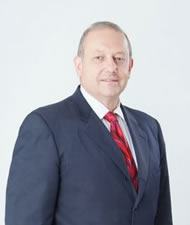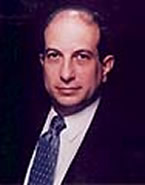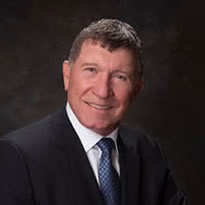The increased use of economic experts in commercial damage cases, as well as in personal injury and wrongful death cases, has resulted in the emergence of a group of experts who offer economic services but are unqualified and ill-trained in economics. While the recent Daubert1 decision affords judges a stronger gatekeeping role, stricter standards for experts will not emerge overnight. This growth in the use of unqualified experts thus calls for greater vigilance on the part of defense attorneys regarding an expert's credentials. Given the occasional laxity in admitting unqualified experts, attorneys must also be aware of the potential for bias in the assumptions and methodology that these so-called experts employ.
Unfortunately, with relatively inexpensive software, pro forma economic reports can be generated with a few keystrokes by those with little or no training in economics. In the past, the defense might have relied on subtle ridicule to discredit a biased economic assessment in front of a jury. More and more often, however, defense experts are being retained to counter the more egregious claims of unprofessional economic analysis by plaintiffs' "economists."
Before retaining such an expert, however, defense attorneys should learn some simple rules for assessing an expert's background and methods. Although every attempt should be made to bar unqualified experts entirely, the defense should also be prepared to challenge biased economic analyses. A little knowledge about this process can go a long way.
DEFICIENT CREDENTIALS
An expert's proper credentials, or lack thereof, can impact the jury and influence the weight given an economic expert's testimony. Thus, before examining the quality of the loss assessment by the plaintiff's expert, analyze the expert's credentials. Many economic loss assessments are prepared by would-be economists who have no serious
economic training in a degreeoriented curriculum in economics or finance. These consultants are completely unequipped to prepare economic assessments of any type, and their work often demonstrates egregious bias. Defense counsel should seriously consider challenging the admissibility of any economic testimony proposed by experts who are not economists.
Irrespective of credentials, anyone can purchase a computer program that will calculate economic damages and print out tables. The purchaser then becomes an instant "expert." The purchaser's lack of academic credentials or the training necessary to determine appropriate economic assumptions for input into the program is camouflaged by the professional appearance of the computer-generated results.
These pseudo-economists include nurses, psychologists, physicians and physiatrists. Lacking any training in economics, such experts often merely multiply annual care costs by the number of years of life expectancy. This misstep leads to estimates that are grossly overvalued.
Sometimes the consultant's credentials only appear to lend themselves to economic testimony: mathematicians and certified public accountants frequently estimate the present value of a business or future lost income. But these professionals are not trained in estimating either future economic growth or the likely future rate of interest as a discount rate. Thus, they do not have the expertise to present their estimates on a present value basis.
Even more troubling, many physical rehabilitation and vocational counselors purport to provide economic forecasts. Some of these consultants are educated and trained solely as high school guidance counselors. In the author's own experience, one such rehabilitation expert merely had a degree in theology and some experience in career counseling; another was trained only as a social worker. Yet armed with a computer program and the Dictionary of Occupational Titles from the Department of Labor, these "experts" estimate economic losses in injury and death cases, indiscriminately plucking economic growth and interest rates from THE WALL STREET JOURNAL and other sources.
Some in this group also promote themselves as "vocational-economic" experts. Of course, there are qualified economists who have also received training as vocational rehabilitation experts; these persons are competent to render the services of both professions. But it is uncommon for an expert to have advanced graduate training in degreed programs in both fields. There is no accredited university curriculum in this country which admits to a degree in "vocational economics," nor is there any peer-reviewed journal associated with any university that is devoted to this amalgam.
. . .Continue to read rest of article (PDF).











